Samnyeon sanseong
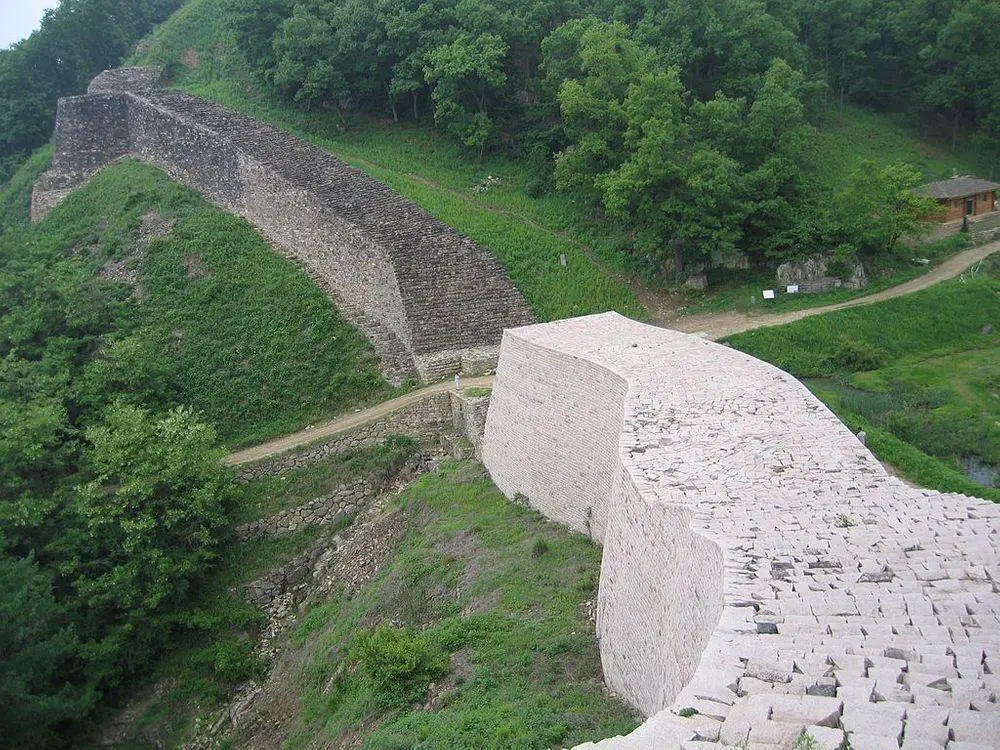
Ruins of an enormous mountain fortress that was constructed in 470 – 473 AD. The measured length of walls is 1,680 – 1880 m and they were 13 – 20 m tall.
Namhansanseong
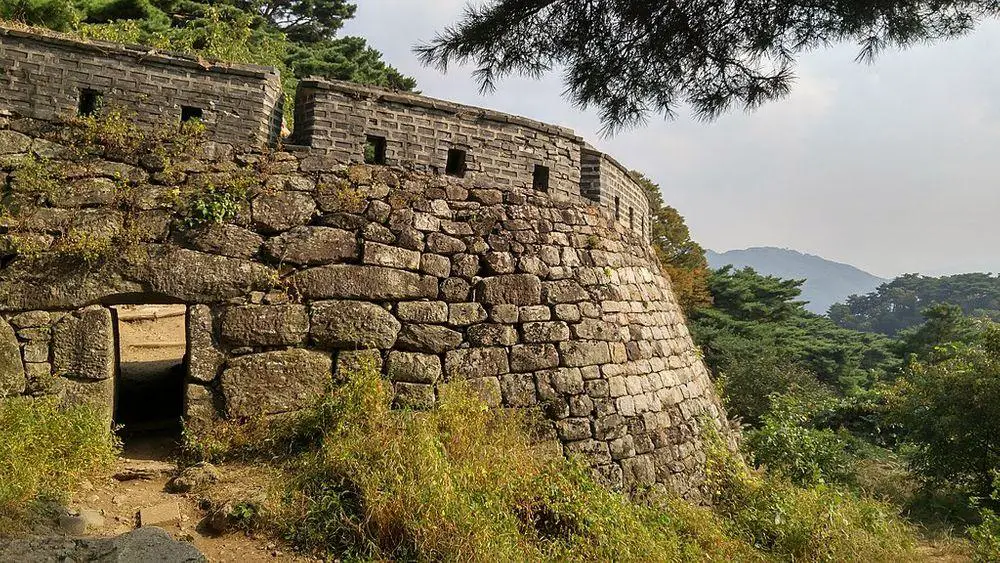
Well preserved, impressive mountain fortress that now is adorned with parks and temples. The first known fortress was built here in 672 AD. Current structures have been constructed mainly in the 17th – 18th century. Since 1954 here is a park with fine views of Seoul.
Hwaseong Fortress
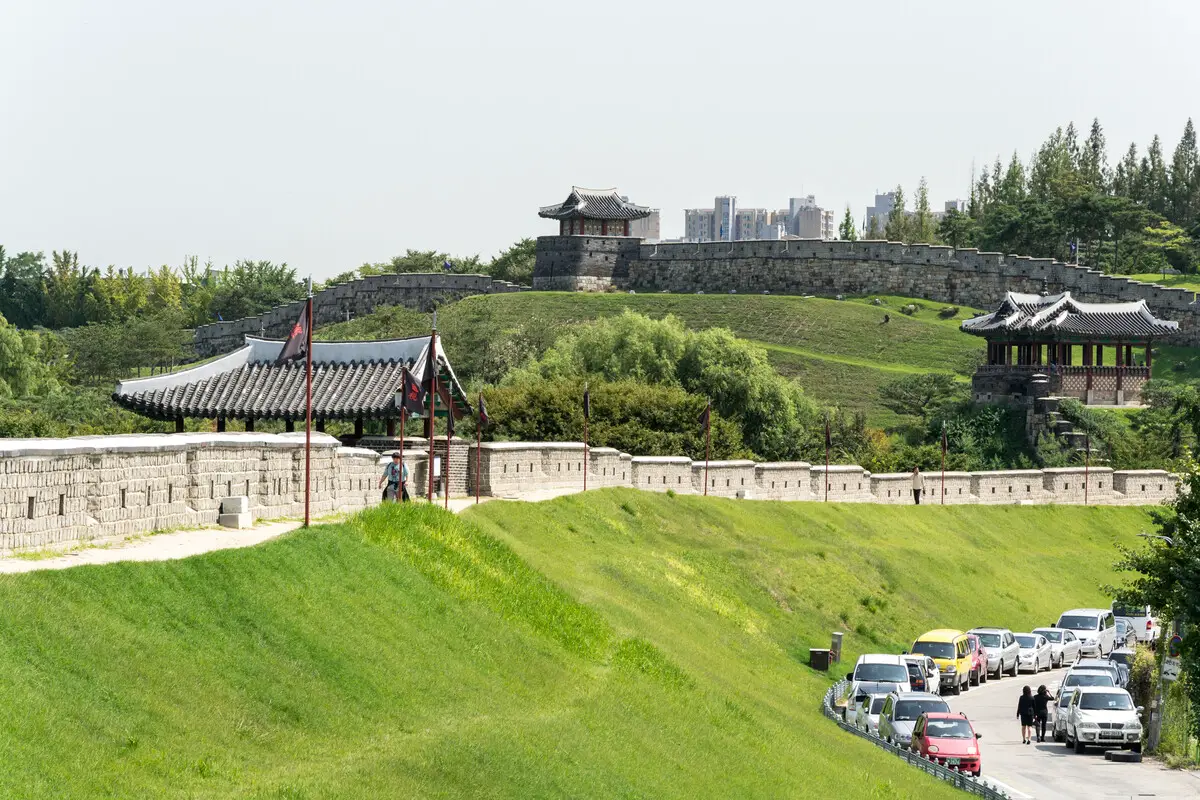
The only preserved city walls in South Korea, built around the historical center of Suwon City in 1794 – 1796. Wall is 5.74 km long and 4 – 6 m tall.
Geumjeongsanseong
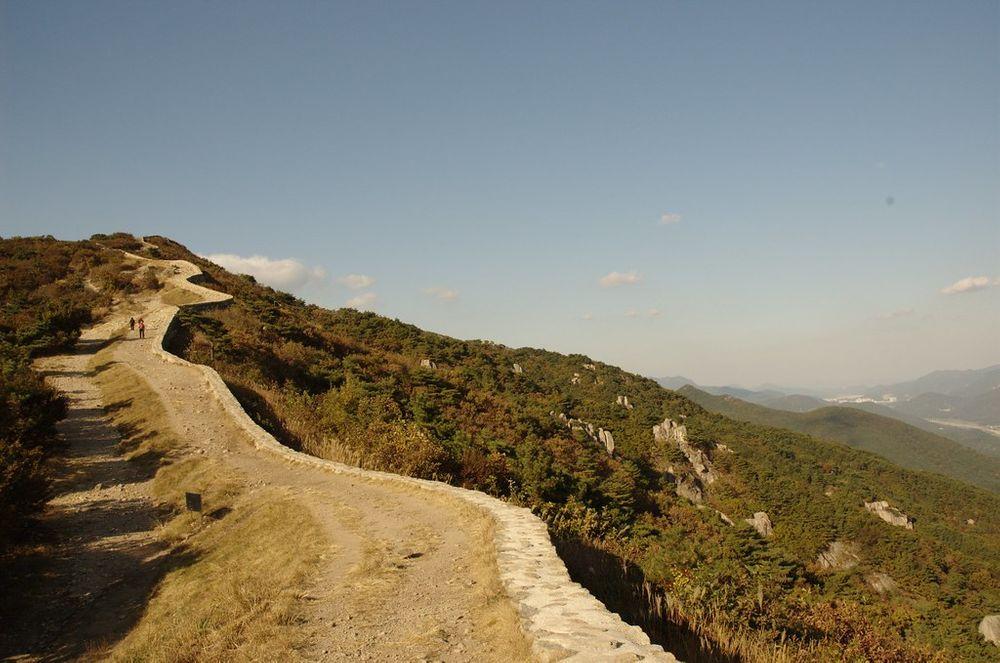
Largest mountain fortress in South Korea. Fortress was built in 1703 and its walls were some 17 km long, 1.5 – 3 m tall.
Dongnae eupseong
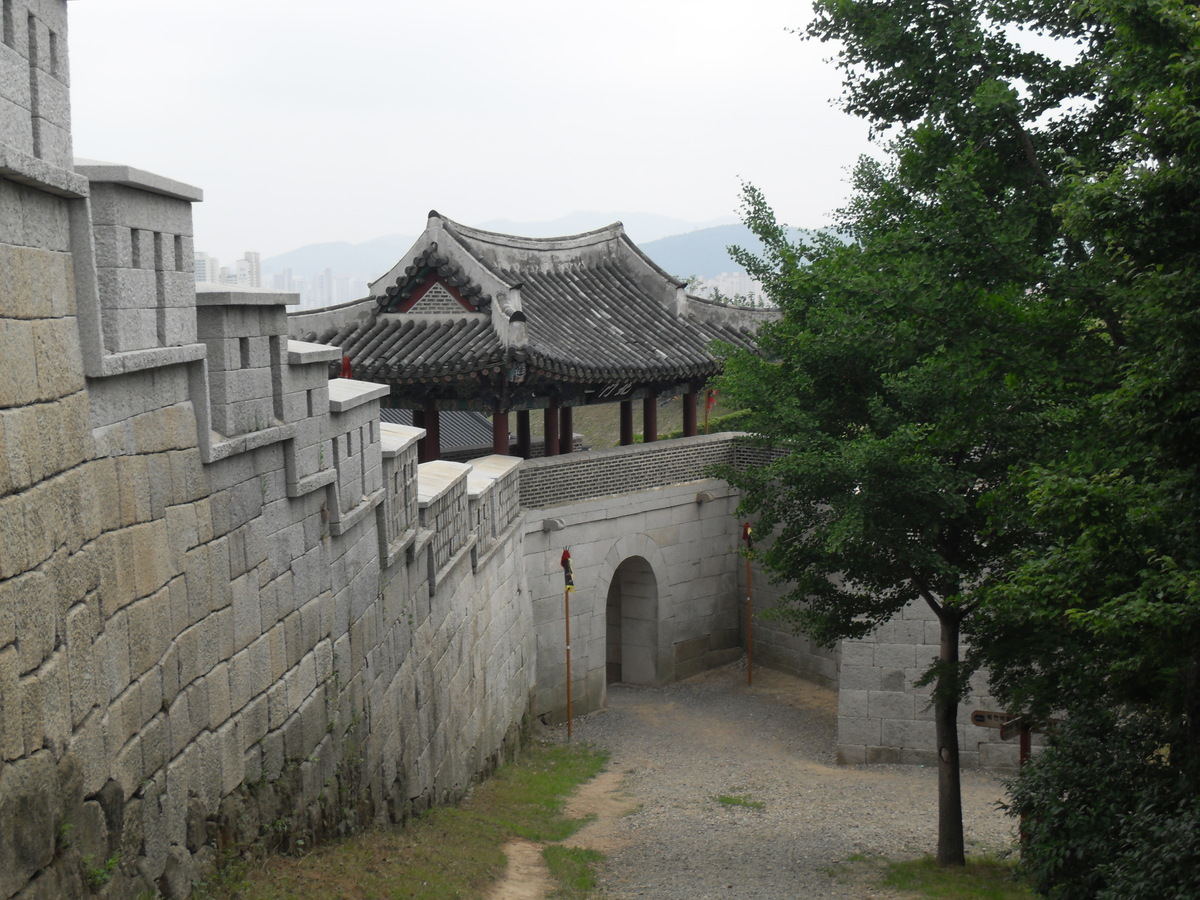
Ancient fortress of Busan city, first mentioned in 1021 AD. Fortress was extended in 1713 – then the length of walls reached 5,240 m.
Yangdong Folk Village
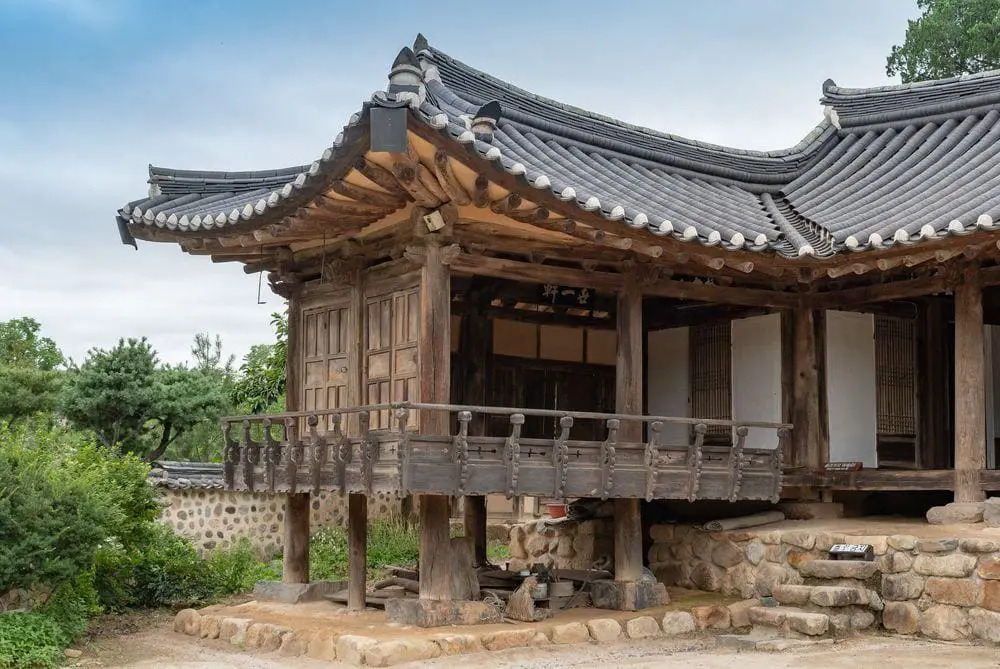
A very well preserved traditional village that was founded in the 15th century. A group of more than 160 traditional houses in dense forest, with local people still practicing traditions of the old.
Oeam Village
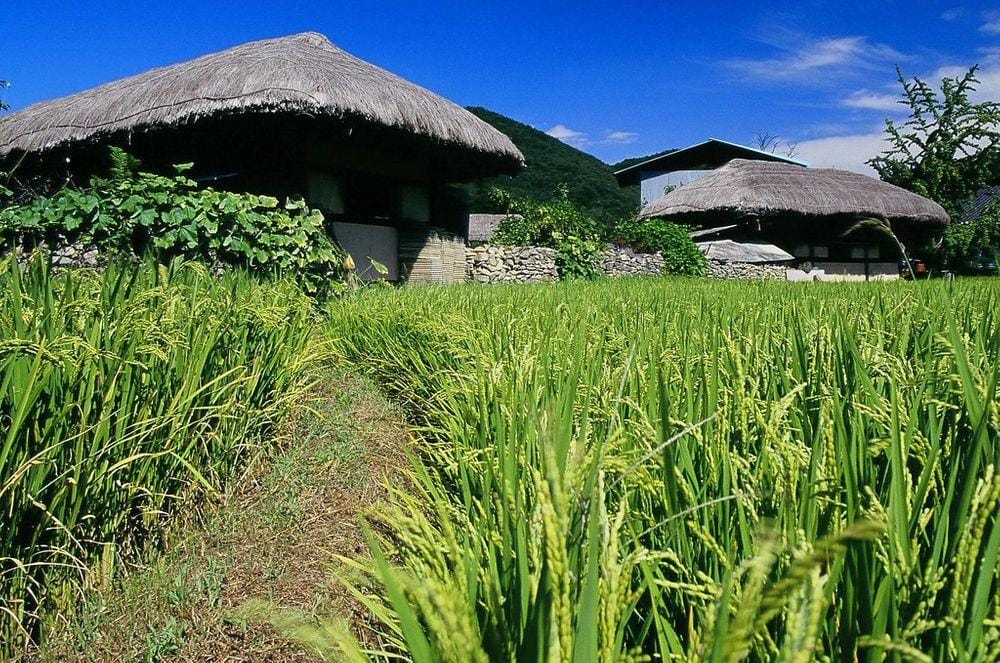
Well preserved clan village, developed by Yi family over the last 500 years. There are 69 households left, local people maintain their traditions.
Naganeupseong
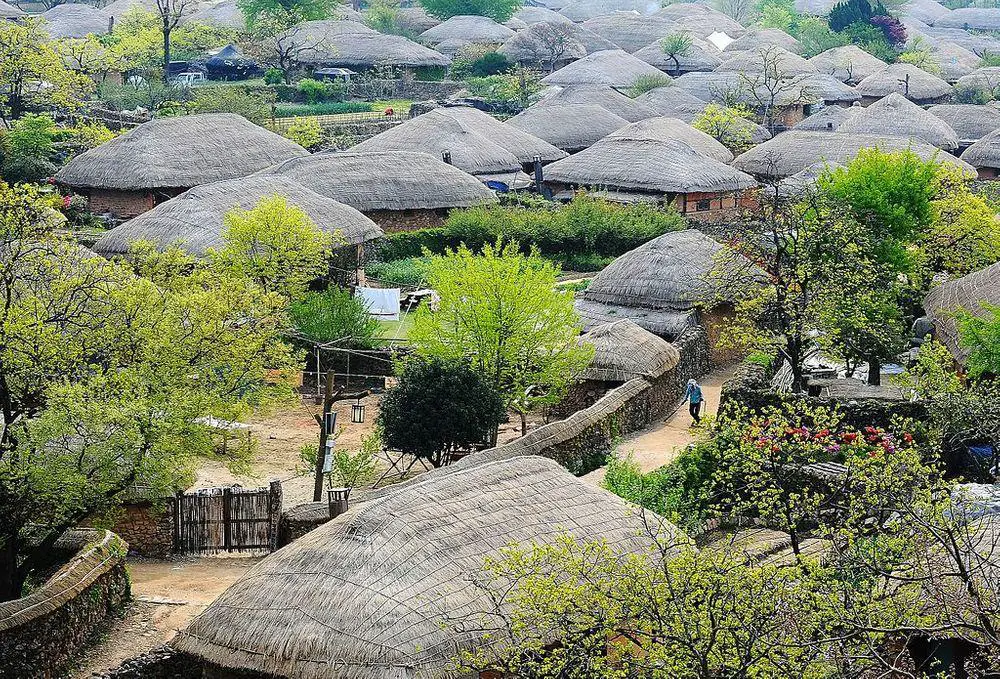
Late medieval village and castle. This village is a planned settlement that was built for administrative purposes and has a well-kept architecture and traditions. 231 traditional houses have been preserved. The village is surrounded by walls.
Hahoe Traditional Village
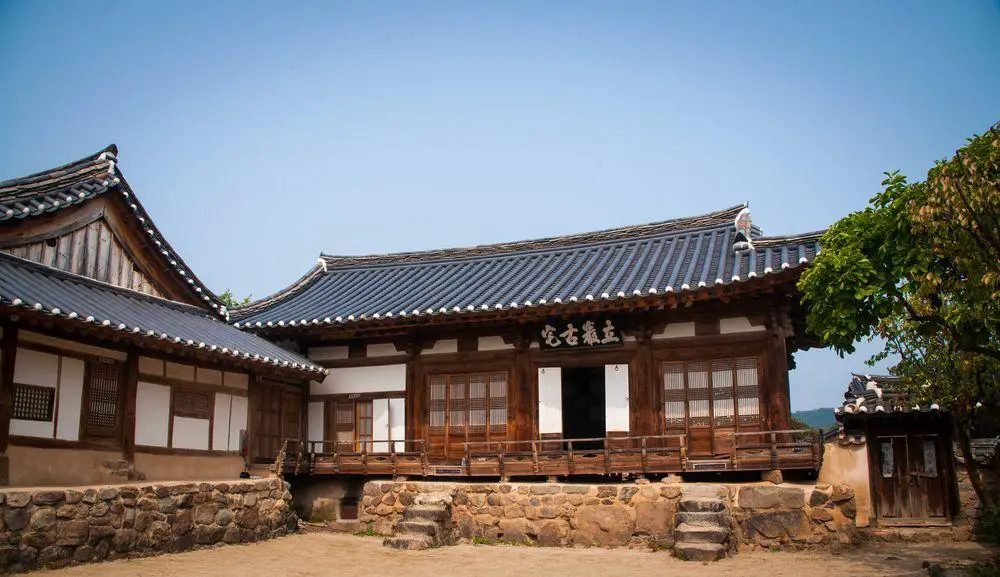
A traditional village from the 16th century. The village was built in accordance with the geomantic guidelines of pungsu and in the plan, it resembles a lotus flower. Local people have preserved here ancient shamanistic traditions, traditional architecture, and art traditions.
Gyeongju
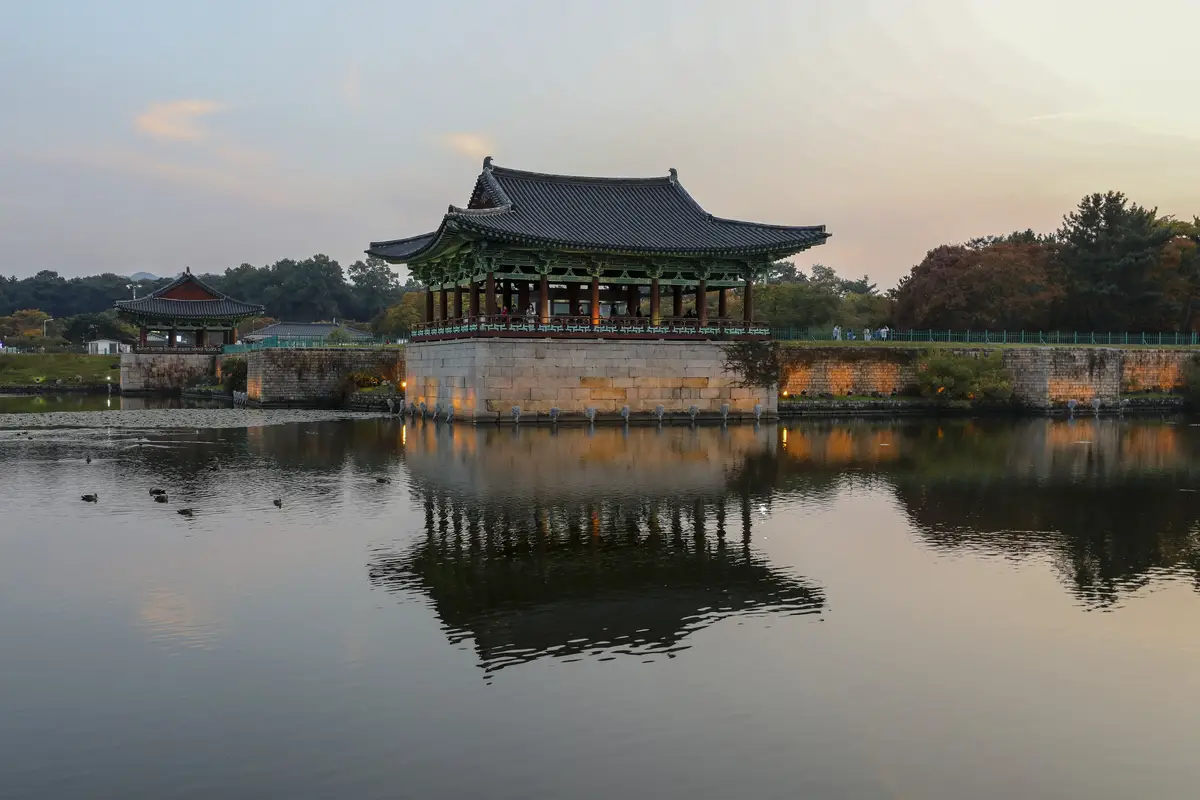
The former capital of the Silla Kingdom. In the city are located numerous monuments of architecture and history and it is nicknamed “the museum without walls”.
